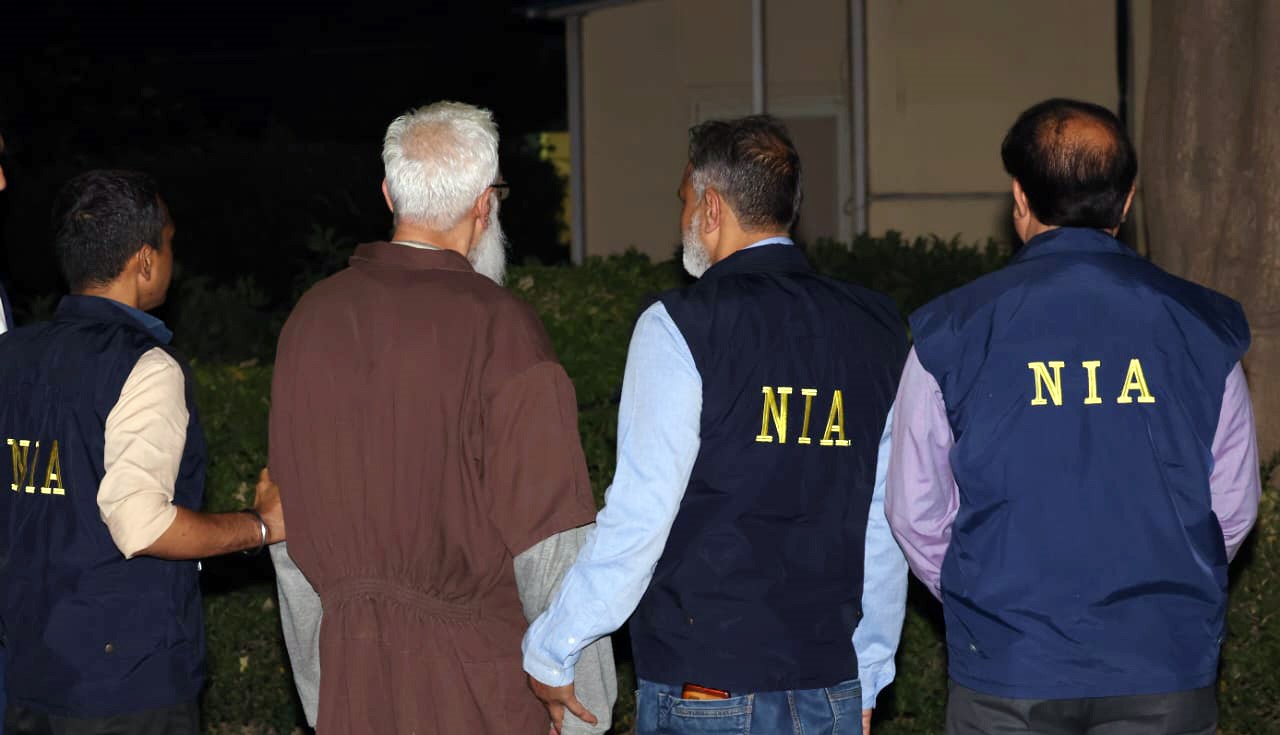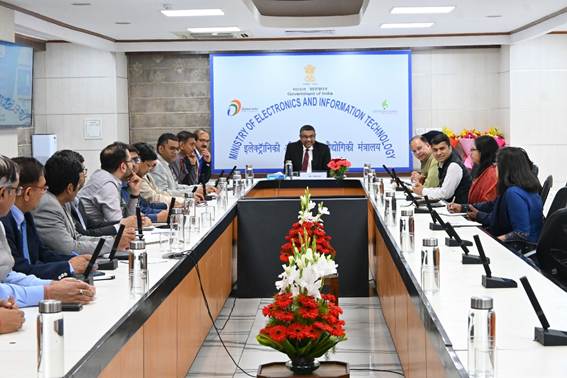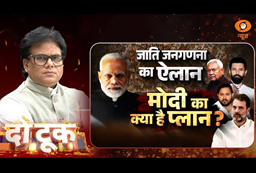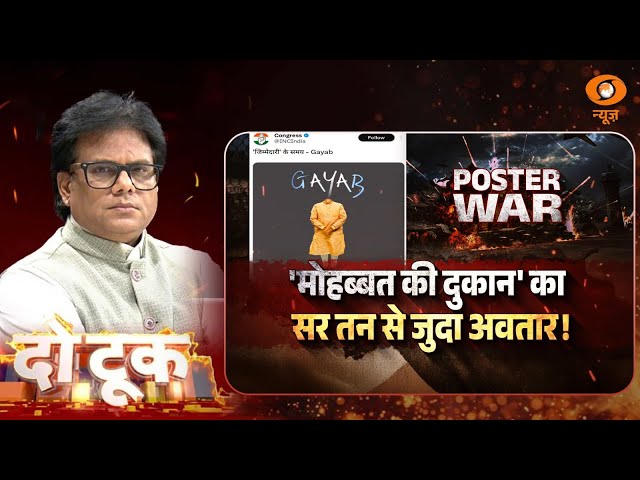Almost 6,000 days have passed since the last bullet was fired in the Taj Hotel of Mumbai by the counterparts of Ajmal Kasab. Seventeen years have passed, and many Indian citizens, some victims of the dreaded terrorist attack in 2008, continue to search for closure. After Kasab, who was hanged to death in 2012, Tahawwur Rana is only the second foreign national caught alive who will be interrogated and tried in the Indian courts.
The wait for Tahawwur Rana has been a long one. It started with his conviction in 2011 in a US Court. Rana, a Pakistani-Canadian businessman, was convicted in 2011 for providing material support to Lashkar-e-Taiba (LeT), a Pakistan-based terrorist group, and for supporting a failed terror plot against a Danish newspaper, Jyllands-Posten.
The U.S. Department of Justice detailed that Rana facilitated LeT’s activities by allowing his Chicago-based immigration business to serve as a cover for co-conspirator David Coleman Headley. Headley used Rana’s firm to scout targets, including for the 2008 Mumbai attacks, though Rana was acquitted of direct involvement in that conspiracy.
Evidence, including recorded conversations, showed Rana knowingly supported Headley’s terrorist activities, such as providing funds and posing as Headley in communications to advance the Danish plot. Rana’s role involved logistical support, enabling Headley’s reconnaissance under the guise of legitimate business operations.
Despite his defence claiming manipulation by Headley, the jury found Rana complicit in LeT’s broader violent objectives. However, In the 2011 U.S. trial, Tahawwur Hussain Rana was acquitted of charges directly tying him to the 26/11 Mumbai attacks. For the then Congress government, this was a huge letdown, but the prevailing diplomatic framework restricted their immediate options.
Rana’s defence argued he was unaware of Headley’s full intentions, portraying him as a businessman manipulated by Headley, with no direct role in attack planning. The jury, while convicting Rana for supporting LeT broadly and a separate Danish newspaper plot, found insufficient proof of his intentional involvement in the Mumbai conspiracy, leading to his acquittal on that charge. Ironically, Headley and Rana were childhood friends.
The then Central Government of India merely expressed disappointment over the U.S. court’s acquittal of Rana on charges related to the 2008 Mumbai terror attacks. The Ministry of External Affairs highlighted that Rana was wanted in India for his alleged involvement in the attacks. However, until 2014, the push for extradition was not made, given Rana was already serving a sentence in the US.
Therefore, when Congress states today that the pursuit of Rana began in the UPA era itself, the claim must be taken with a pinch of salt. The same government chose not to respond to Pakistan for almost five years before they were voted out of power. Unfortunately, the then Congress government was back to its futile pursuits of dialogue and peace as the two heads of state met two-and-a-half years later in Mohali, during the India-Pakistan World Cup semi-final of 2011.
India’s pursuit of Rana intensified in the first term of President Donald Trump. The only question was of ‘double jeopardy’. Rana’s lawyers argued that because he had served a sentence in the US already, he should not be extradited to India. However, the courts noted that the convictions in the US were for distinct crimes and not related to the attacks of 26/11. When all else failed, Rana’s health condition was cited as an excuse. Eventually, the reasoning fell flat.
The Congress party’s stunning silence on Rana’s return has not been inconspicuous, given some leaders of the party had unsuccessfully attributed the attacks to the RSS and other Hindu groups back in 2008-09. The irony is not forgotten amongst the citizens who are unwilling to relent. Rahul Gandhi, as the Leader of the Opposition, was expected to take a bipartisan stance on Rana’s return. However, like in most instances, he chose to sit out of this one.
Rana, in many ways, was the financial and logistical spine for the 26/11 attacks. His trial will enable law enforcement agencies in India to further map the financial networks sponsoring terrorist activities on Indian soil.
The extradition must be seen as a huge diplomatic win for the Modi Government. While many were wondering how the Prime Minister would navigate between tariffs and Trump, the extradition should settle all doubts. For the eleven years in power, Prime Minister Narendra Modi has negotiated with both Democrats and Republicans and has been able to successfully address India’s strategic interests.
Seventeen years later, the Modi Government continues to hunt down the culprits of 26/11, while Congress, then, in power, chose to remain silent.
(Tushar Gupta is a Senior Journalist and a Political Analyst)





















